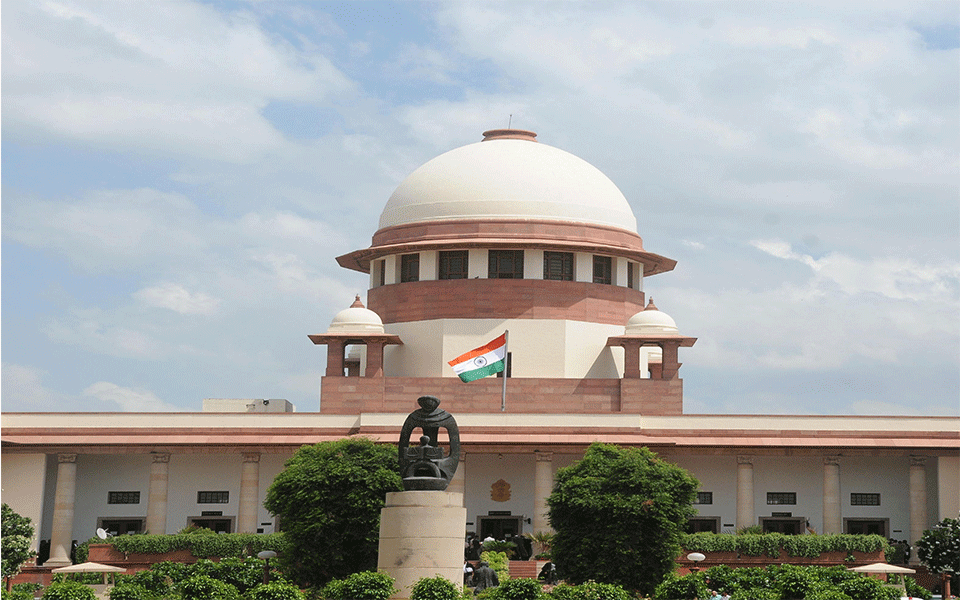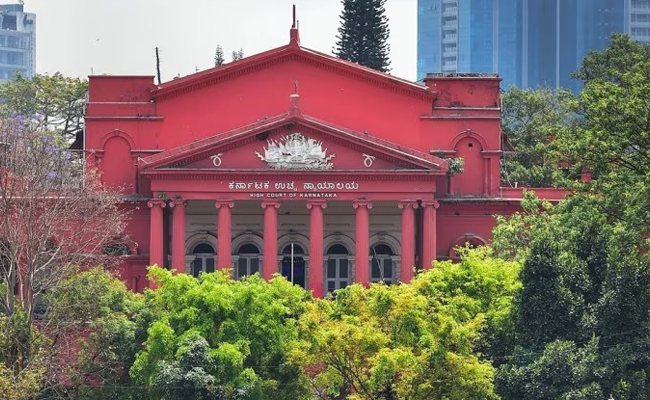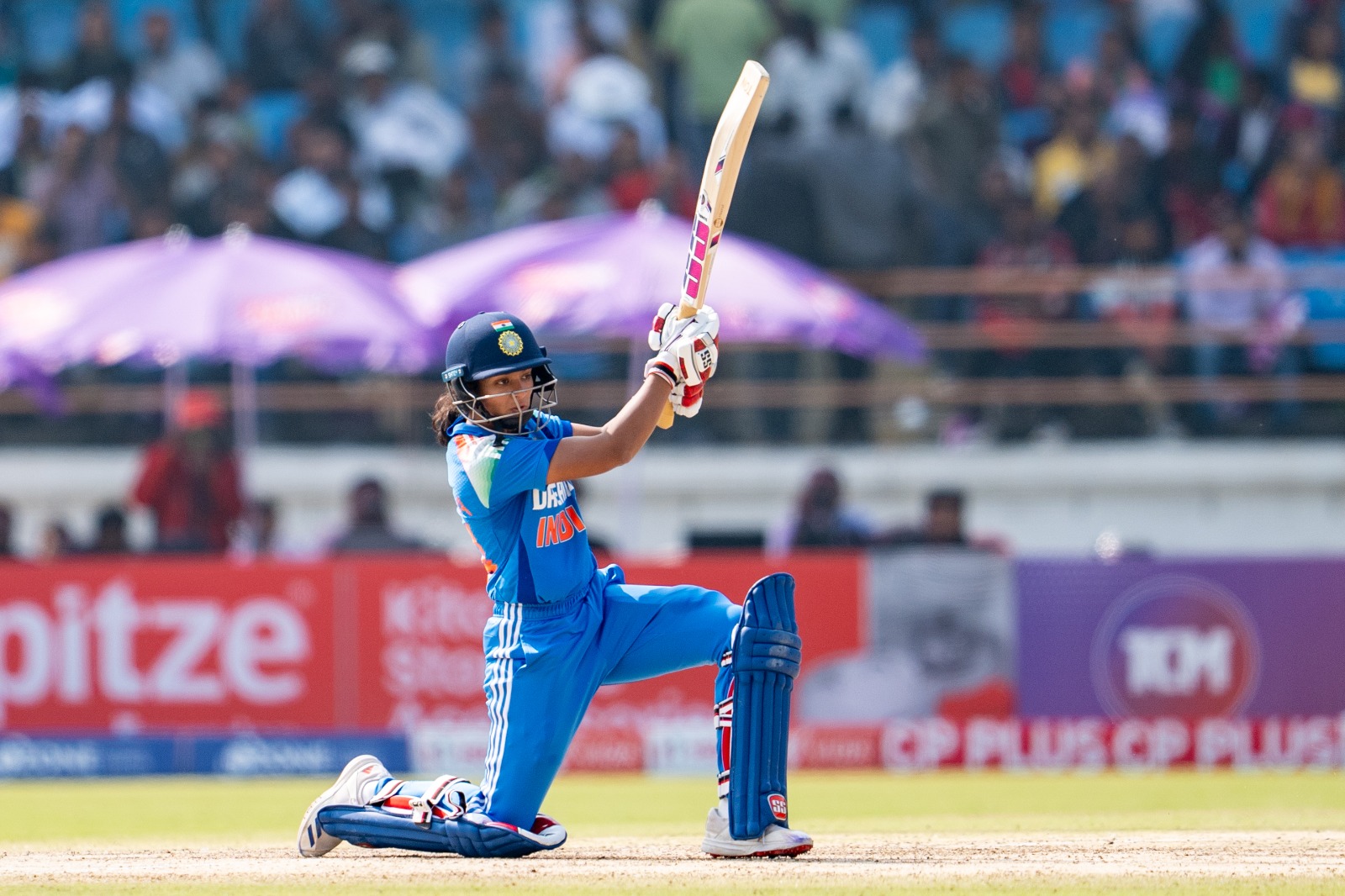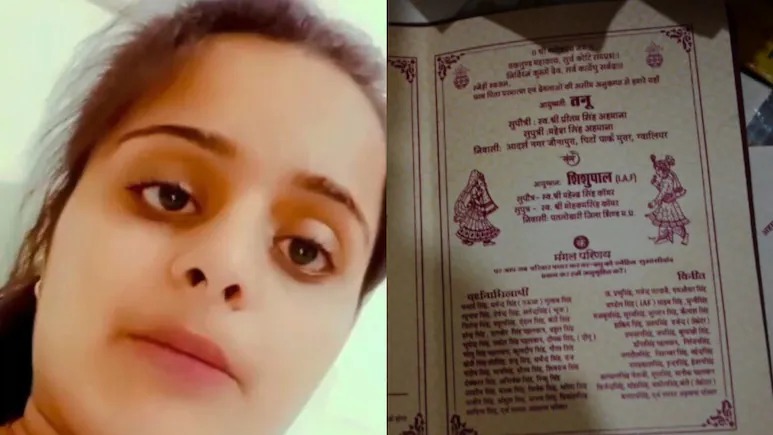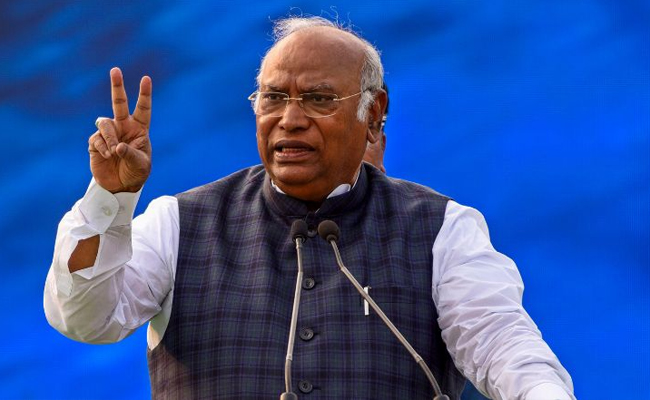New Delhi, Aug 9 : Discarding its own order of 'one state, one vote' policy, the Supreme Court on Thursday restored the voting rights of the cricket associations of Gujarat and Maharashtra, including Mumbai, Baroda, Saurashtra, Vidarbha and others by approving the draft Constitution of the Board of Control for Cricket in India (BCCI).
The Supreme Court also granted full permanent membership to the Railways, the Tri-Services, and Association of Indian Universities among others.
Pronouncing the judgment, a bench headed by Chief Justice Dipak Misra cited the historical existence and contribution of these cricketing bodies in the rise and growth of the sport in India.
"These associations have a long and abiding history of nurturing talent for the game of cricket in India. The history of cricket in India is replete with their contribution to the cause of cricket. These associations have produced players who have brought laurels to their states and to the nation," the top court said.
Earlier, the Supreme Court bench had said that the draft constitution would be based on its directions of July 18, 2016 and its order of July 24, 2017 by which it had agreed to re-examine the one state one vote principle, the strength of the selection committee and the status of associate members.
"We have heard all the stakeholders who wished to be heard at length so as to enable the Court to form a holistic perspective. The purpose of this exercise is to finalise the text of BCCI's Constitution which incorporates the principles which find acceptance by the Lodha Committee (and affirmed by this Court), while at the same time ensuring a measure of practicality in implementation," the Supreme Court bench said.
Justice D.Y. Chandrachud on Thursday said every office-bearer will have to undergo a cooling off period of three years after two consecutive terms, instead of one, as suggested by the Lodha Committee.
"An office bearer who has held any post for two consecutive terms either in a state association or in the BCCI (or a combination of both) shall not be eligible to contest any further election without completing a cooling off period of three years. During the cooling off period, such an office bearer shall not be a member of the governing council or of any committee whatsoever of the BCCI or of a state association," it stated.
The bench added: "No person shall hold the post of office bearer in BCCI, regardless of post, for a period in excess of nine years in the aggregate."
The court also ordered the state cricket associations to adopt the BCCI constitution within 30 days and intimate the SC-appointed Committee of Administrators (COA). It further warned state cricket associations that non-compliance to the order will invite action.
Let the Truth be known. If you read VB and like VB, please be a VB Supporter and Help us deliver the Truth to one and all.
Bengaluru (PTI): With the Socio-Economic and Education Survey report, popularly known as the 'caste census,' likely to be placed before the state cabinet on January 16, Karnataka Home Minister G Parameshwara stressed that its contents should be made public.
He said, any decision based on the report is the prerogative of the government and it will be taken after analysing it.
Karnataka State Commission for Backward Classes under its then Chairman K Jayaprakash Hegde had submitted the report to Chief Minister Siddaramaiah on February 29 last year, amid objections raised by certain sections of society and voices against it from within ruling Congress.
"It was decided the sealed cover (of report) will be opened before the cabinet, otherwise it may lead to leakage of information....whether there will be a discussion on it or not, I cannot speak about it now, once opened at least abstract information will be known to us," Parameshwara told reporters here replying to a question.
To a question on the opposition from certain dominant sections to the report and implementation of its recommendations, he said, the government has got the report after spending Rs 160 crore tax payers money, it should at least be made public, taking action based on it is secondary.
"Taking action based on it is left to the discretion of the government, the government will ultimately decide. But at least the information from the report that was prepared by spending Rs 160 crore, should come out. So there is a demand that what is there in the report be made public," he added.
What is happening now is bringing out the information from the report, the Home Minister said.
Karnataka's two dominant communities -- Vokkaliags and Lingayats -- have expressed reservations about the survey done, calling it "unscientific", and have demanded that it be rejected and a fresh survey be conducted.
The commission headed by Jayaprakash Hegde had said that the report was prepared based on data collected by 1.6 lakh officials, including 1.33 lakh teachers under the leadership of respective Deputy Commissioners of the districts across the state.
The then Siddaramaiah-led Congress government (2013-2018) had in 2015 commissioned the survey in the state.
The state Backward Classes Commission under its then chairperson Kantharaju was tasked with preparing a caste census report. The survey work was completed in 2018, towards the end of Siddaramaiah's first tenure as Chief Minister. The findings of the survey in the form of a report never came out in public thereafter.
With strong disapproval from the two politically influential communities the survey report may turn out to be a political hot potato for the government, as it may set the stage for a confrontation, with Dalits and OBCs among others demanding for it to be made public.
Deputy Chief Minister D K Shivakumar, who is also the state Congress president, and a Vokkaliga, was a signatory, along with a couple of other ministers, to a memorandum submitted by the community to the chief minister earlier, requesting that the report and the data be rejected.
All India Veerashaiva Mahasabha, the apex body of Veerashaiva-Lingayats, which has also expressed its disapproval vis-a-vis the survey and demanded conduct of a fresh survey, is headed by veteran Congress leader and MLA Shamanuru Shivashankarappa. Several Lingayat ministers and MLAs too have raised objections.
According to some reports, findings of the survey are allegedly contrary to the "traditional perception" with regard to the numerical strength of various castes in Karnataka, especially Lingayats and Vokkaligas, making it a politically sticky issue.

